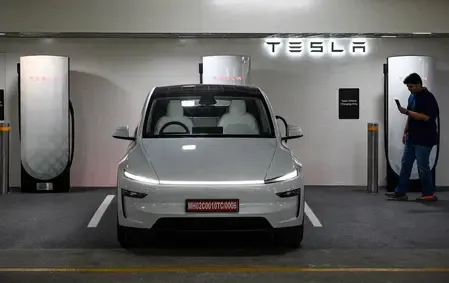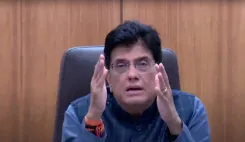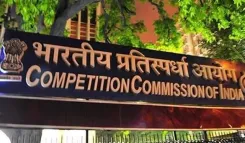Did Tesla's Sales in India Fall Below Expectations with Only 600 Orders?

Synopsis
Key Takeaways
- Tesla has received just over 600 orders in India since mid-July.
- The company plans to ship 350 to 500 cars this year.
- High import duties inflate prices, making Tesla less competitive.
- Only 5 percent of total car sales in India are electric vehicles.
- BYD outperformed Tesla with over 1,200 units sold of its Sealion 7 SUV.
New Delhi, Sep 2 (NationPress) The entry of Tesla into the Indian automotive market has not met anticipated goals, with the company registering just over 600 orders since the commencement of bookings in mid-July.
This number stands in stark contrast to Tesla's global performance, where the company manages to deliver a similar volume of vehicles every four hours, as indicated by various reports.
Plans are now underway to dispatch between 350 to 500 vehicles to India this year, with the inaugural shipment expected from the Shanghai factory in early September, as per the reports.
Analysts point out that Elon Musk's strained relationship with US President Donald Trump, along with shifting geopolitical dynamics and the premium prices of Tesla vehicles, have negatively impacted sales.
Additionally, trade negotiations have failed to lower import tariffs, which were initially hoped for. The chances of reaching a deal have diminished significantly after Trump imposed a 50 percent duty on Indian exports, citing the nation's oil trade with Moscow.
Concerns are also mounting as Tesla's global sales plummeted by 13 percent in the last quarter, potentially leading to a second consecutive year of declining sales.
In India, import duties have inflated the cost of Tesla's entry-level Model Y to over Rs 60 lakh, nearly three times the average price of Rs 22 lakh for most electric vehicles (EVs) in the country.
Currently, electric vehicles constitute just over 5 percent of total car sales in India. Within the premium segment, only 2,800 EVs priced between Rs 45 lakh and Rs 70 lakh were sold in the first half of 2025.
Tesla now finds itself competing in a limited market segment, where Chinese rival BYD has shown stronger performance. BYD managed to sell over 1,200 units of its Sealion 7 SUV in the first half of this year, despite facing tariff challenges. The ex-showroom price of the Sealion 7 begins at Rs 49 lakh, giving it a competitive edge over Tesla.







